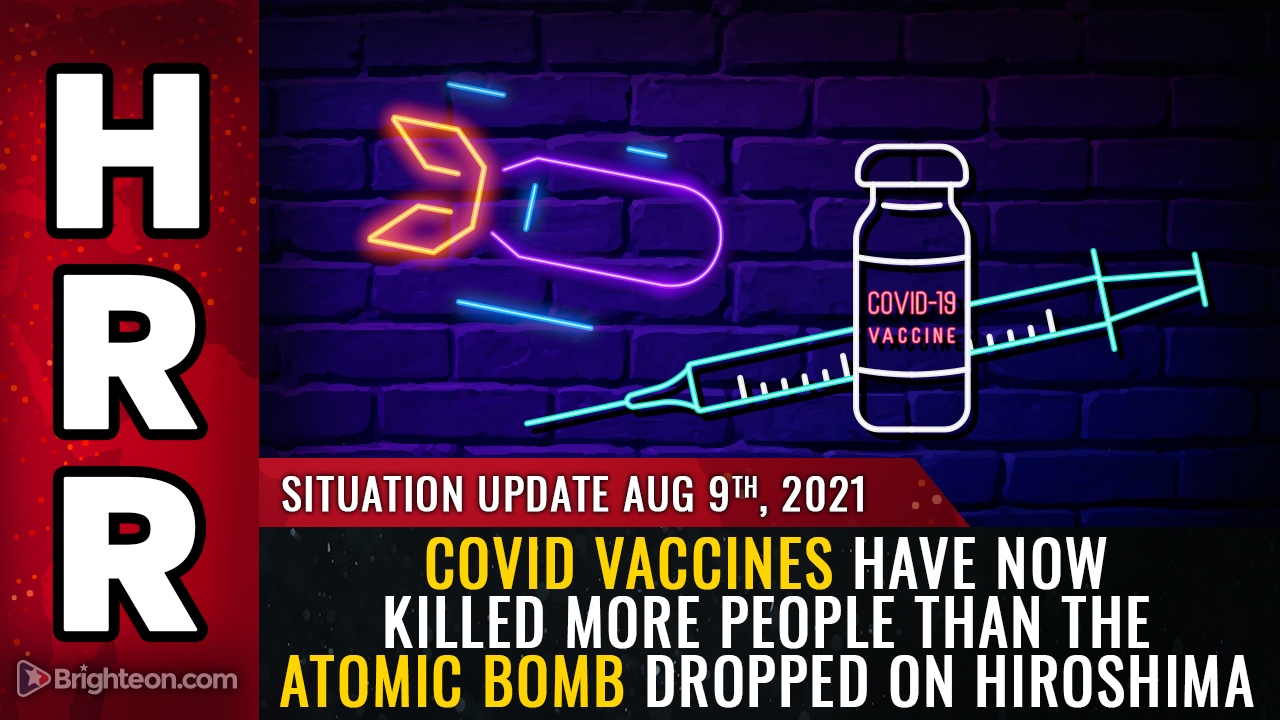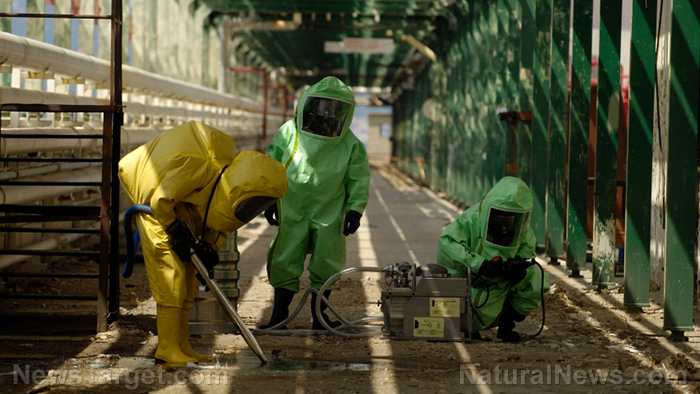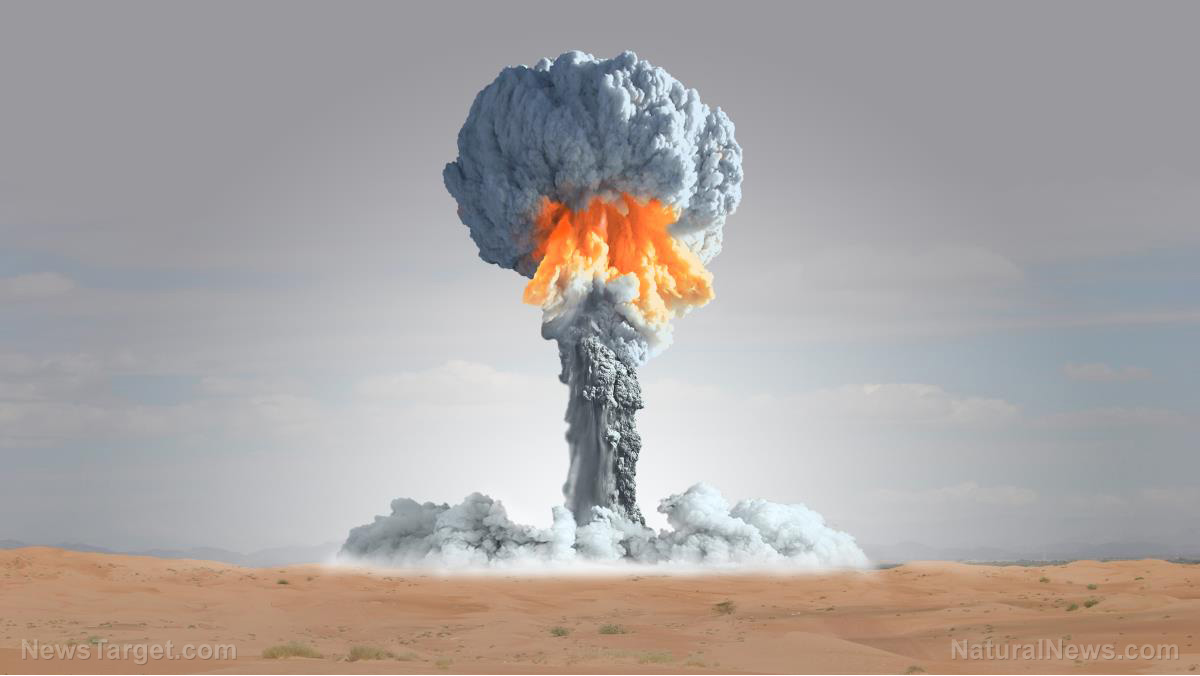
Russia seems to be leaving no room for anyone to escape. News from the Russian Ministry of Defense reports that the country is test launching a missile that can hit a target anywhere on the planet with great accuracy.
The report comes via a video produced by the Russian government itself. It tells of the test launch of an RS-28 Sarmat missile, a thermonuclear armed intercontinental ballistic missile (ICBM) designed to replace the SS-18 Satan missile that Russia developed way back in the Soviet period. The RS-28 carries enough liquid fuel to travel anywhere in the world.
Russia says the missile can carry up to 10 nuclear warheads, more than any other missile currently in operation. As it is, the RS-28 has enough power to decimate an area the size of Texas or France. Each missile carries an onboard flight control system that allows it to engage long-distance targets with multiple flight trajectories.
"The missile's uniquely cross-functional combat platform allows the use of all types of individually targeted warheads, including ones which are still on the drawing board," said Russia's Strategic Missile Forces Commander, Colonel General Sergei Karatayev. (Related: Russia set to test ballistic missile that could “obliterate an area the size of France”.)
The missile is just one among Russia's ever-expanding arsenal of highly advanced weaponry. Another one of these is Avangard, a hypersonic glider that can travel as fast as 20 times the speed of sound. The U.S. military has admitted that it currently does not have the technology to stop the Avangard should an attack occur. Both Sarmat and the Avangard are slated to be ready by 2020.
The country is also expanding its might to the sea by building similarly high-tech naval armory. It is developing the Poseidon system, composed of an entire fleet of drone submarines. Each of these unmanned submarines is equipped with a nuclear-capable torpedo.
How to protect your home from nuclear fallout
Considering the ever-present threat of a nuclear attack, it is important that you are prepared for the worst at all times. According to experts, the average bomb can vaporize almost everything within a half-mile radius around the site of impact. If you are situated up to three miles away, you may end up uninjured from the blast, but then you'll have to worry about the fallout.
Nuclear fallout is a rain of toxic radioactive material. It is so destructive that it is expected to kill more people than the actual blast. While some survival experts recommend driving away and putting as much distance between you and the impact site, you may not have the chance to do so. In this case, it is important to stay at home and take shelter from the toxic rain.
Needless to say, you will need to make the necessary preparations to fortify your home from the fallout. Seal off all windows, doors, and vents and add as much mass as possible by reinforcing these areas with sandbags. Close your chimney if you have one. If you have temperature control systems that require air from the outside, turn them off.
Assign a section of your home that's separate from where you and your family are. When people come in from outside, this area is where they can decontaminate. They will need to take off their clothes and shower immediately.
The basement will be the most secure part of your house in the event of a nuclear attack. If you don't have a basement, go to the central part of your house and put up as many barriers as you can. If this isn't possible, you can go to the part of your house that's the farthest away from prevailing winds.
See more stories on military technology at MilitaryTechnology.news.
Sources include:
Please contact us for more information.



















